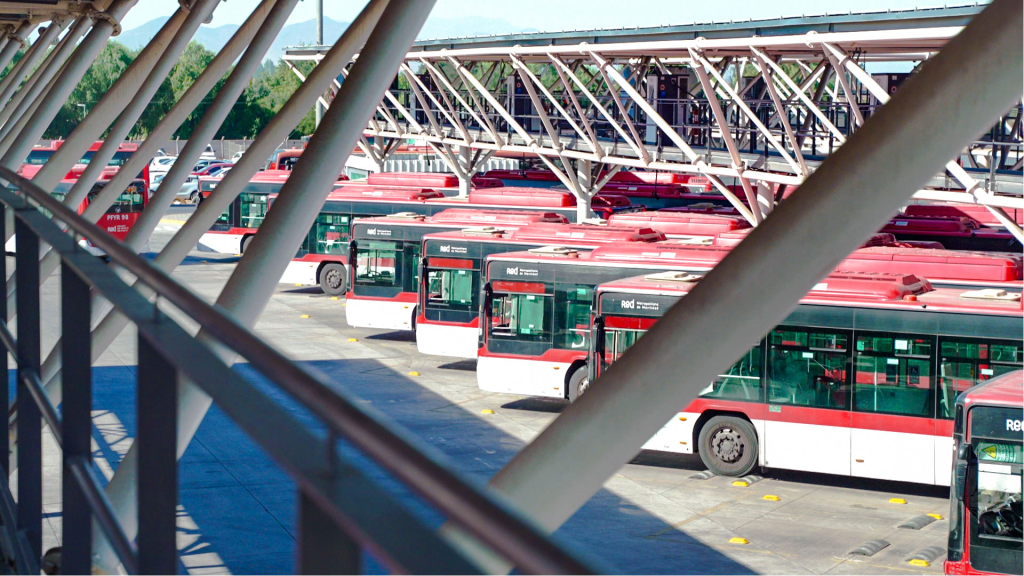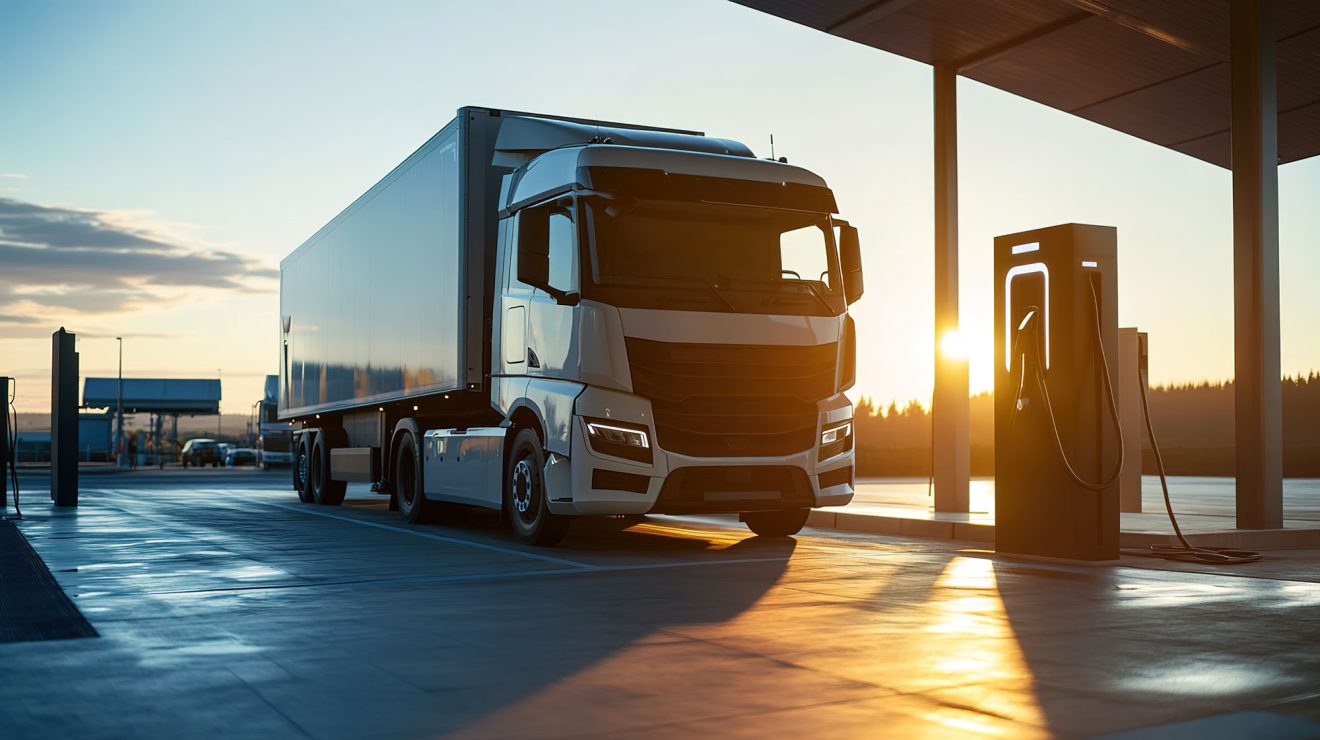Starting from Chile, Dhemax set out to expand across Latin America with its eMobility projects.
The next step was Spain, from where they continue to grow throughout Europe, and that’s not all.
Now, their new focus is Mexico and the United States, in partnership with Bali Express.

As part of its global expansion strategy, the Chilean company implements a unique consulting, design, and management approach to electromobility initiatives.
The recent collaboration with Bali Express is an example of this methodology, based on two stages: an initial base value and an additional one depending on the success of the operation.
“Our goal is to help them make three trips with the electric truck when they currently manage two or two and a half,” explains Andres Barentin, CEO at Dhemax.
This partnership began in August when Bali Express announced its first cross-border journey in an electric truck.
A Dhemax team member reached out to the company to assess the feasibility of a collaboration, offering a strategy as the first step toward adapting the routes to 100% electric.
According to Barentin, this initiative reinforces Dhemax’s vision to offer its solutions in any market by adapting operations to local needs.
Dhemax’s First eMobility Challenge: Regulations and Power Availability
One of the most critical challenges in this operation is the difference in regulations and power availability between Mexico and the United States.
Bali Express has hubs on both sides of the border, but resources are somewhat more limited in Mexico.
For this reason, detailed planning and intermediate charging solutions are already anticipated.
In this regard, the CEO of Dhemax highlights:
“If we only consider charging at the depot, we would be limited to two trips. We need to explore charging options at strategic points along the route to maximize range.”
In the United States, policies like California’s Advanced Clean Trucks (ACT) Rule, which sets specific requirements for electric truck adoption, aggressively promote the electrification of freight trucks.
California requires that by 2030, 30% of medium- and heavy-duty truck sales be zero emissions, and other states have adopted similar regulations.
Additionally, at the federal level, the recent Zero-Emission Truck Corridor strategy promotes a network of infrastructure connecting strategic points on high-demand routes, facilitating electric truck travel between states.
Mexico, on the other hand, is still in an early stage in terms of regulation and infrastructure for heavy electric vehicles.
The charging network in many regions of the country is limited, and significant challenges exist regarding power availability, especially in areas far from major urban centers.
Considering these factors, Dhemax has proposed the possibility of setting up charging points at the border to take advantage of customs wait times, ensuring that eTrucks arrive at their destinations with sufficient power.
This point is key, according to Barentin, but why?
The “on-road” charging model and the possibility of locating them at preliminary points will help overcome the logistical and operational barriers facing cross-border electric transportation operators.
Dhemax’s 100% Electric Experience
Throughout its years of operation, Dhemax has identified that a lack of knowledge about electromobility is an obstacle for many companies seeking to electrify their operations.
“In the eMobility world, there are many bad experiences due to sellers who only aim to close a deal without offering real support,” Barentin emphasizes.
To avoid this problem, the Chilean firm supports its clients at every stage, assigning experienced teams to ensure that the transition is made efficiently and sustainably.
In addition, their strategy does not focus on quick sales but on building long-term relationships with clients, creating bonds based on trust and long-term commitment.
Barentin notes that this policy has allowed Dhemax to work with some clients for years, such as major public transport operators in Chile and Colombia.
Success Story: “El Conquistador” Electroterminal in Santiago
Dhemax has demonstrated its expertise in the world of electric vehicles with projects like “El Conquistador,” an electric bus terminal in Santiago, Chile.
The initiative began in 2019 and enables charging for a fleet of 215 electric buses, with a total power of 8,800 MW distributed across 57 Copec Voltex 150kW chargers.
The station, which operates on 100% renewable energy, represents a model of sustainable and efficient infrastructure, positively impacting the region’s urban transport.

With a presence in Chile, Uruguay, Colombia, Panama, Mexico, Spain, Portugal, and continuous growth in other countries, Dhemax remains at the forefront of electromobility developments.
“Our goal is to add value to regional engineering with solutions that support companies’ growth and reduce their carbon footprint,” adds Barentin.
The experience gained in projects like “El Conquistador” strengthens Dhemax’s ability to tackle new challenges in diverse markets, and the next step will be Bali Express’s cross-border route between Mexico and the United States.







